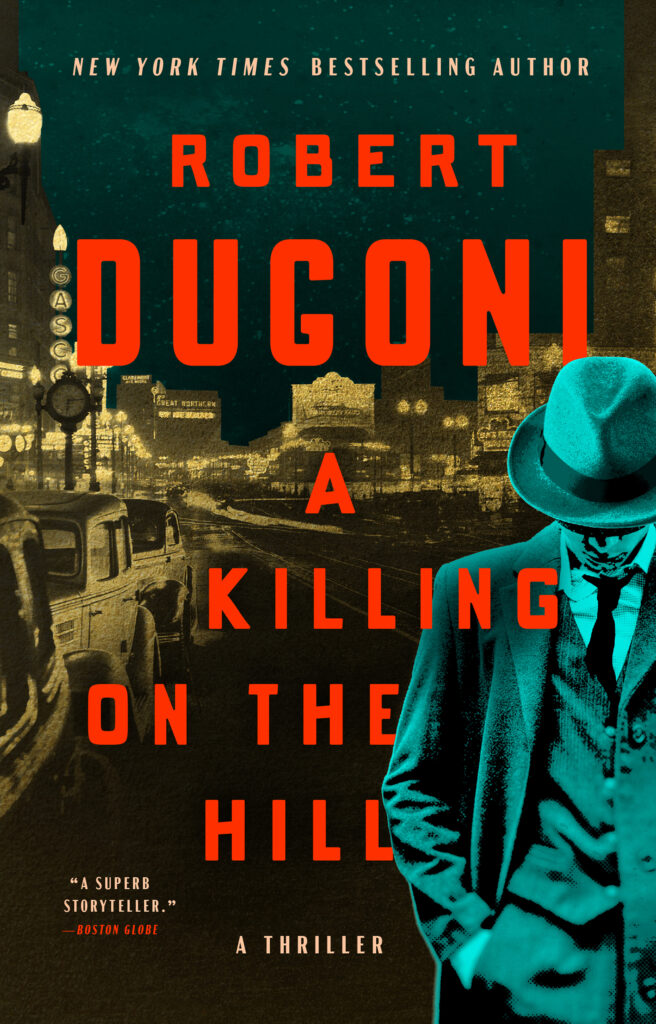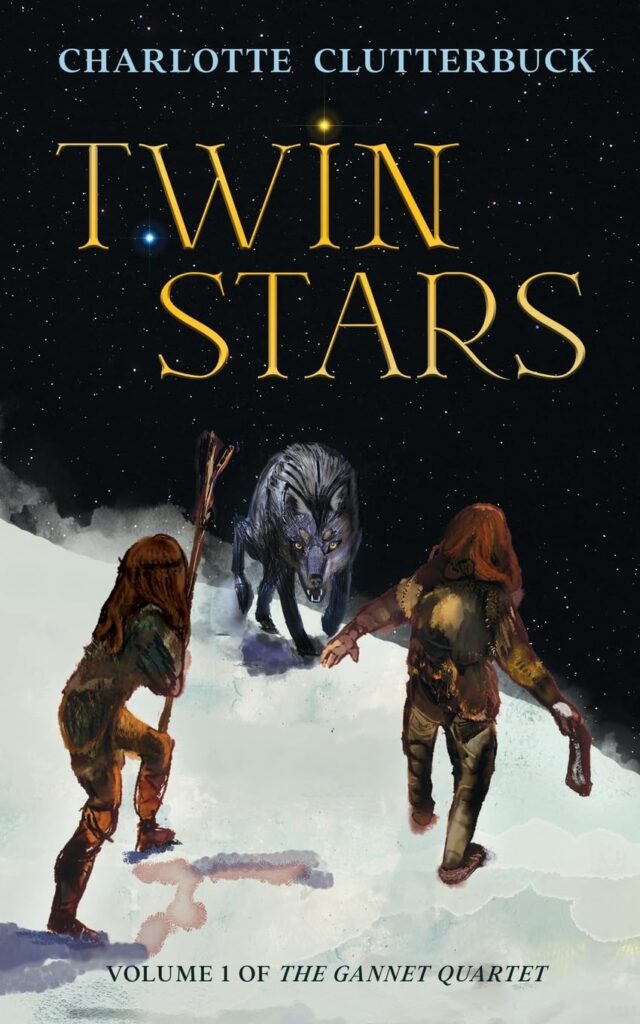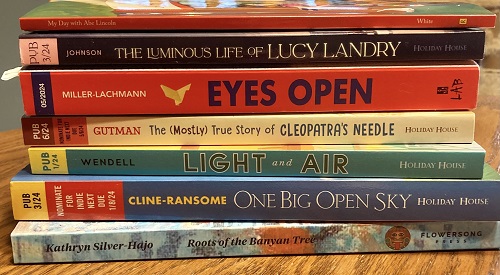Cairo Modern
Four young men, Mahgub Abd al-Da’im, Ali Taha, Ahmad Badir and Ma’mun Radwan, meet to discuss current events in 1930s Egypt when they are not finishing their university studies. Ma’mun sees everything from an Islamic spiritual point of view, Ali from socialist ideals, and Ahmad finds solace in every situation and challenge through women. Mahgub, however, is an enigma who doesn’t fit in at all though he pretends enough to be acceptable.
Poverty is the haunting specter that riddles Mahgub’s life with fear, envy and cynical loathing. Add to his dilemma that his father suffers a debilitating stroke, leaving Mahgub responsible for financially supporting the family. Graduating from a university is useless for achieving a good job and climbing the ladder of financial and social success unless one has influential connections. Mahgub has one last chance and so enters a life of false pretences in which he becomes financially and politically renowned but sells his soul for the “good life.”
Before the reader judges too hastily, one immediately perceives that Mahgub’s poverty leaves him no other choice. Such is the dilemma facing thousands of poverty-stricken Egyptian residents, a tortured existence that the other well-to-do three friends blame on lack of faith, lack of equality or obsession with religion rather than materialism and science. Mahgub’s demise into decadence is a microcosmic view of a class of Arab men who are ripe for becoming “easy prey for evil,” or revolutionary possibilities.
Naguib Mahfouz, winner of the Nobel Prize for Literature, knew and so vividly depicts the phenomenal dichotomy between those who discuss religious, philosophical and political ideas and those whose desperate plans create even more dire circumstances. Cairo Modern is a classic novel depicting history as a repetitive cycle that begs for intellectual, emotional and active response.










